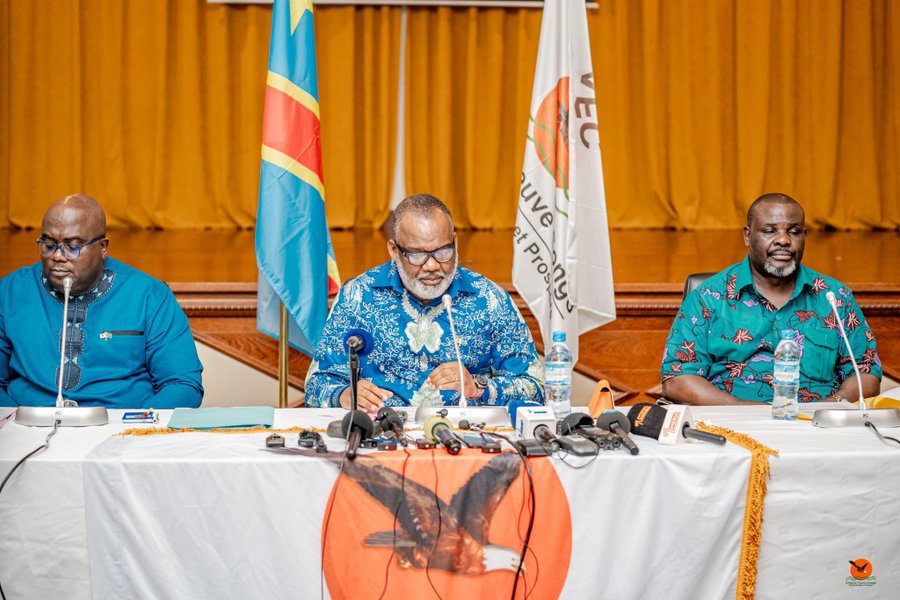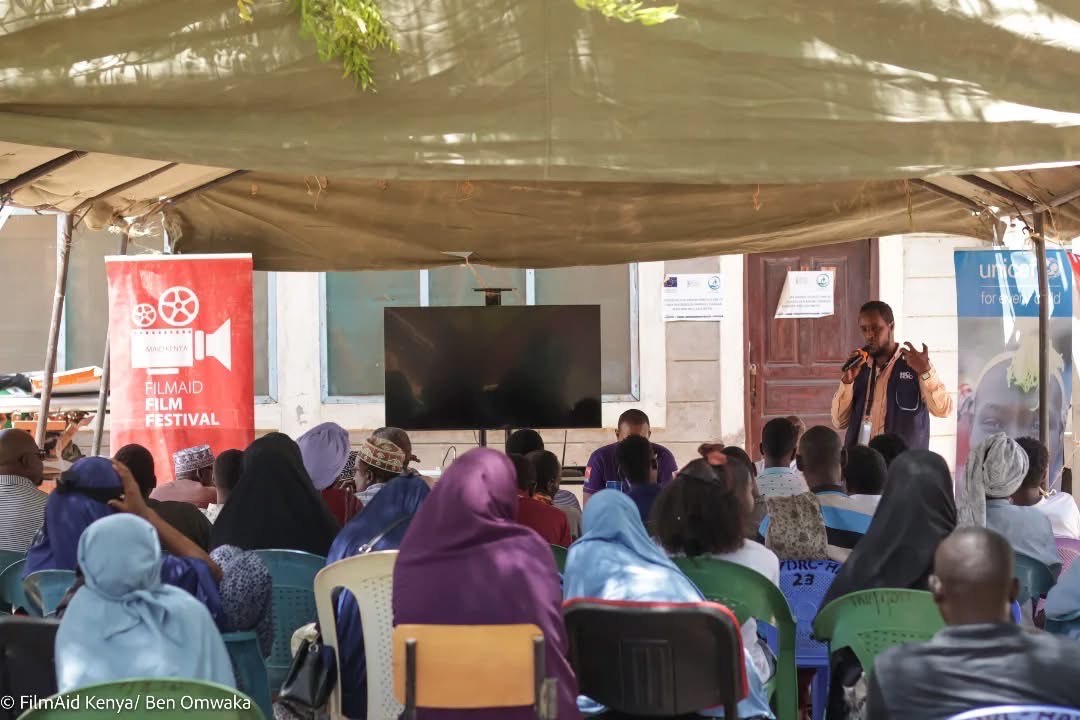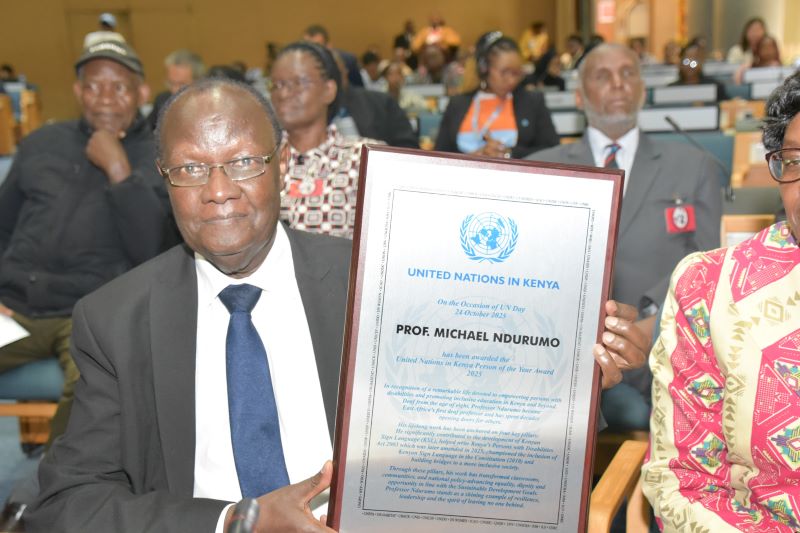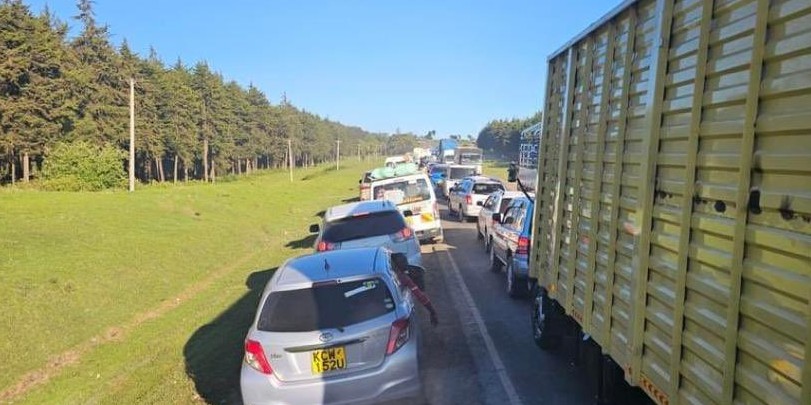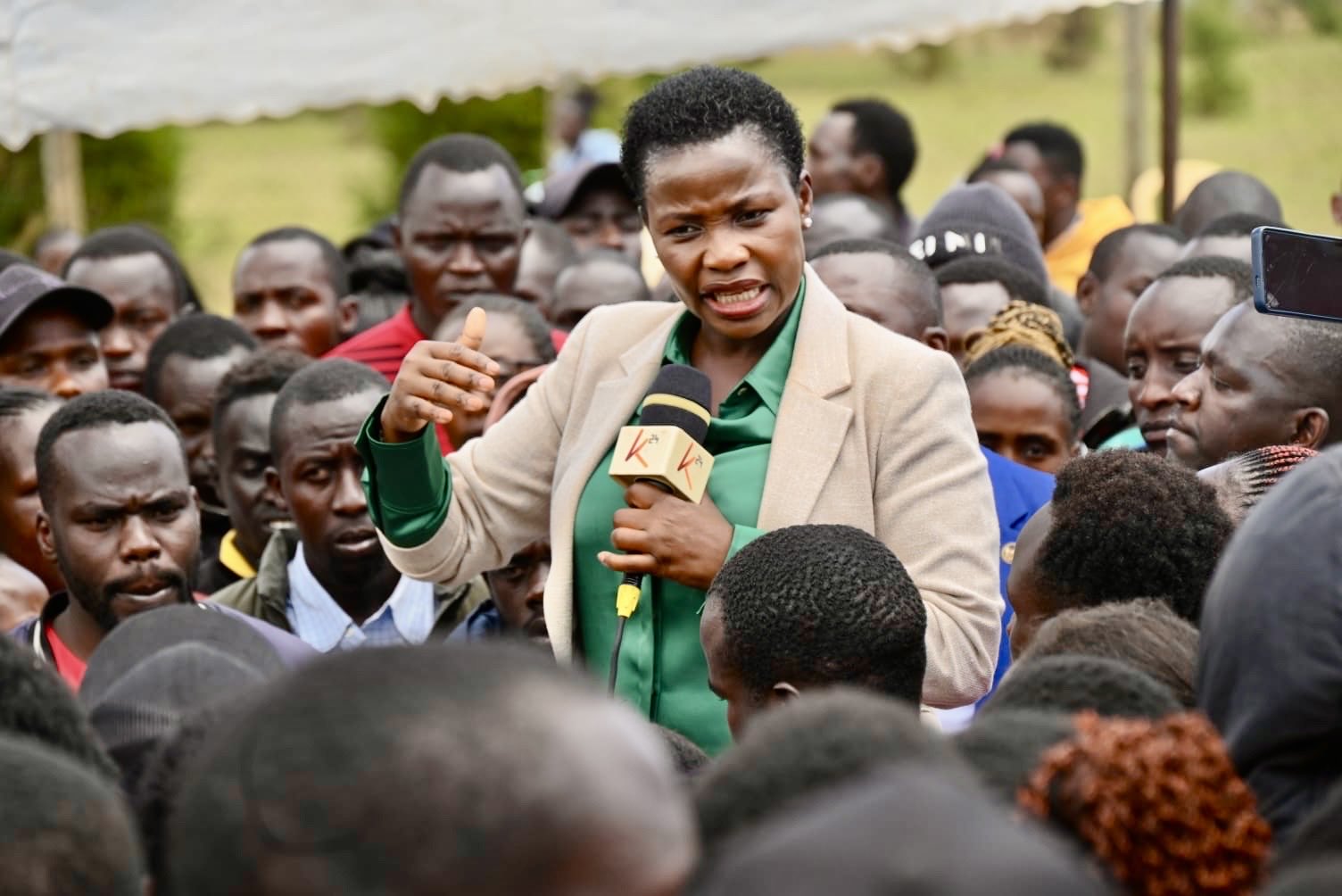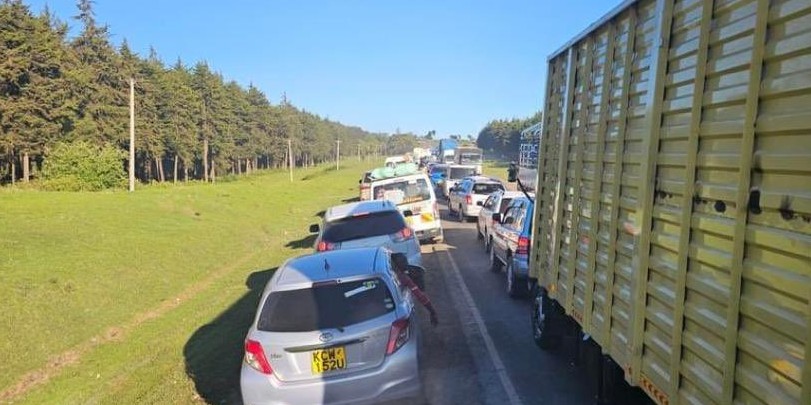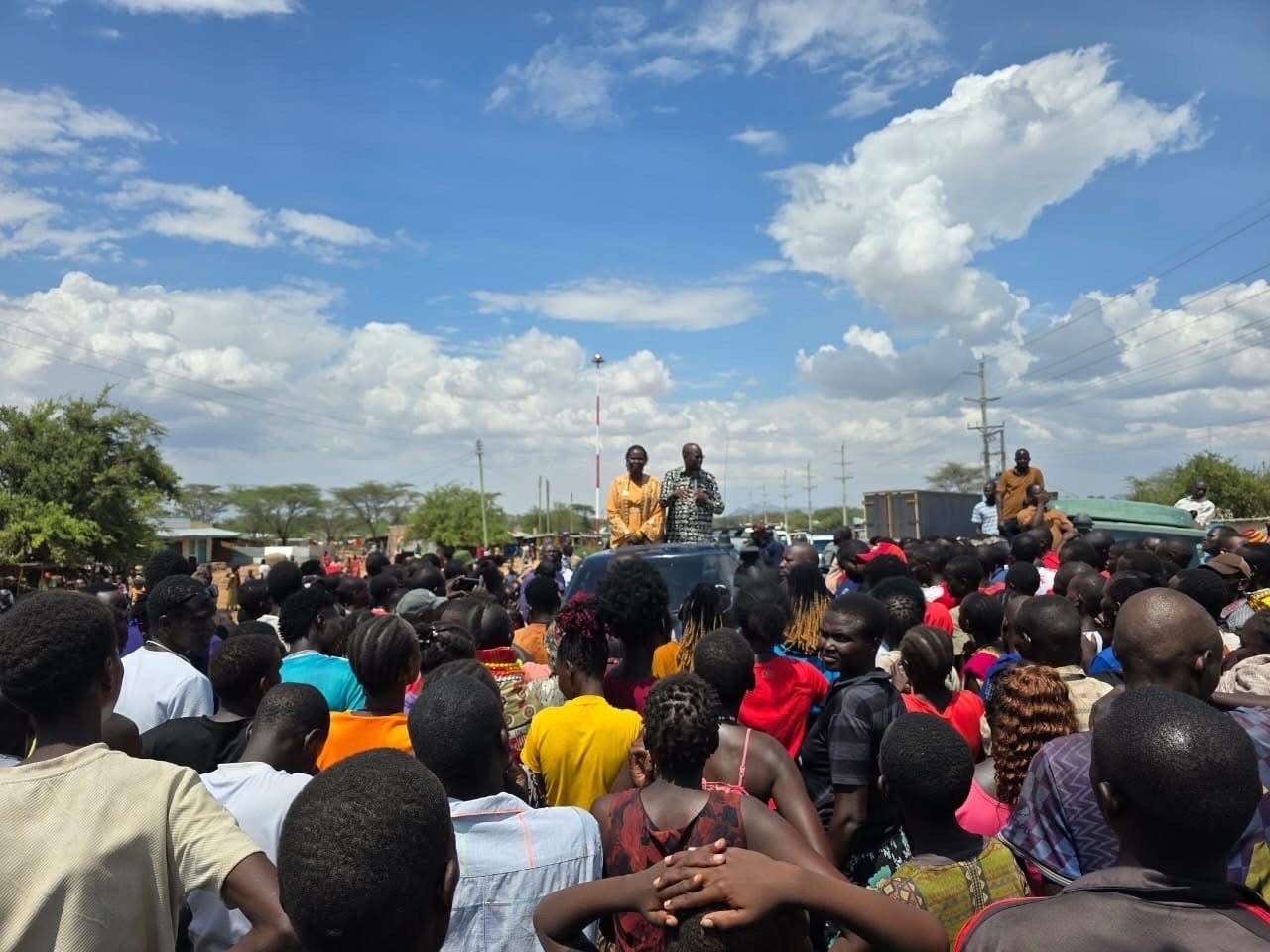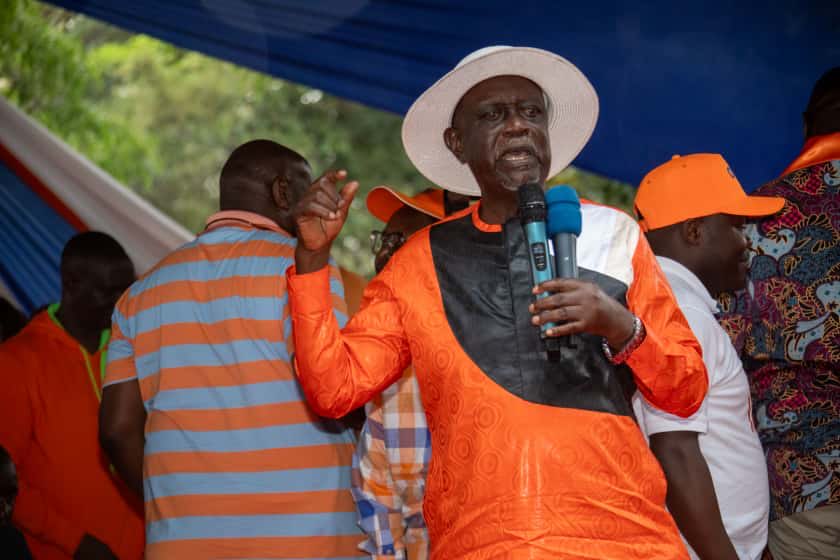EAC’s future at stake as AU flags uneven progress, weak governance
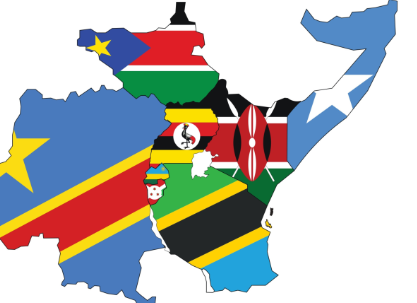
Delays in establishing a Monetary Union and prolonged discussions on political federation illustrate the challenges of achieving consensus among members.
The East African Community (EAC) faces significant challenges as differences in governance, capacity, and commitment among member states threaten its cohesion and development, according to a new African Union report.
While the EAC continues to expand its membership, the report notes that some countries struggle to meet regional objectives or actively participate in integration initiatives.
More To Read
- Ethiopia leads African Union’s drive for continental railway connectivity
- Top 10 largest African economies in 2025 by Gross Domestic Product (GDP)
- EAC confirms investment-ready Kenya–Uganda Expressway, enhancing Mombasa port access
- Non-Aligned Movement ministers renew call for multilateralism at Uganda meeting
- Can the AU prevent coups like Madagascar's?
- EALA inaugurates regional anti-corruption network to strengthen accountability
Somalia, the latest country to join the bloc, is highlighted as particularly vulnerable due to ongoing conflict and fragile institutions, which limit its ability to contribute meaningfully.
“One key challenge lies in the asymmetry in national capacities and implementation of regional commitments,” the report states.
“While legal and institutional frameworks have been developed at the regional level, the pace and consistency of their domestication and enforcement at national levels remain uneven.”
The AU report warns that these gaps risk creating fragmented regulations and reducing the effectiveness of a unified market. Member states grappling with political instability, including South Sudan, Somalia, and the Democratic Republic of Congo (DRC), face difficulties participating fully in reforms and regional programs.
“The expansion of the community, most recently with the accession of Somalia, while a positive step towards continental integration, calls for renewed efforts to strengthen institutional capacities, ensure equitable participation and manage divergent political, security and governance contexts,” the report adds.
Delays in establishing a Monetary Union and prolonged discussions on political federation illustrate the challenges of achieving consensus among members.
The report also points out that slow or irregular financial contributions from partner states, such as South Sudan, undermine the operations of the Arusha-based secretariat.
“Financial contributions from Partner States to the EAC budget are sometimes delayed, affecting the effective functioning of regional institutions and programmes,” it notes.
Despite these hurdles, the report highlights EAC’s potential, noting its growing population, strategic location, and vibrant private sector as drivers of economic growth.
Progress in infrastructure, youth empowerment, and digital innovation offers a strong foundation for inclusive development across the bloc.
“If the EAC can consolidate its achievements, reinforce compliance mechanisms and enhance internal cohesion, it will continue to serve as a leading model for African integration,” the report concludes.
On integration performance, Kenya is ranked highest within the bloc, slightly ahead of Rwanda and Tanzania, thanks to strong policies, infrastructure development, and institutional resilience.
“The country-level integration ranking within EAC highlights a clear multi-speed dynamic, with Kenya (0.87), Rwanda (0.85), Tanzania (0.80), and Uganda (0.78) leading the process through strong institutional capacity, infrastructure development and consistent political commitment to regional objectives,” the report reads.
Countries like the DRC (0.59) and Burundi (0.58) are mid-tier, reflecting either structural challenges or recent accession. Somalia (0.51) and South Sudan (0.48) remain at the bottom due to governance, security, and implementation obstacles.
Top Stories Today


